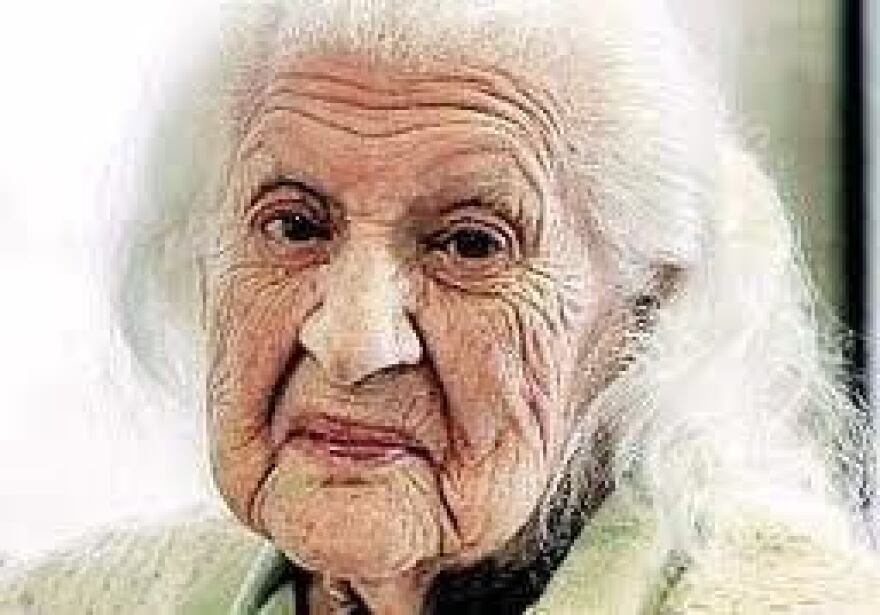Federal health officials have given Florida permission to enroll elderly, sick Medicaid patients into private managed-care plans, Gov. Rick Scott’s office announced on Monday.
The three-year waiver of federal Medicaid rules can begin July 1, according to the letter from two officials at the Centers for Medicare and Medicaid Services, part of the federal Department of Health and Human Services.
The program will cover about 87,000 elderly and disabled Medicaid patients, about 50,000 of whom are patients already in nursing homes. The others are in the Home and Community-Based Services program, which is capped at 36,795 persons and has a lengthy waiting list.
The state's Agency for Health Care Administration will notify those who are required to enroll, according to the AHCA web site. Enrollment is optional for a few groups of patients, such as those with developmental disabilities.
Children and pregnant women are not included in the group covered by the just-approved waiver. The state has another waiver pending with HHS that would cover them, and Scott quickly fired off a letter to HHS Secretary Sebelius requesting that it be expedited.
Scott hinted that Florida's willingness to expand Medicaid to cover more of the uninsured -- one of the goals of the Affordable Care Act -- may hinge on HHS granting that waiver.
Health plans and legislative leaders are upbeat about the program's potential to keep patients out of nursing homes and save money for taxpayers. In 2009, according to StateHealthFacts.org, the aged and disabled made up less than one-third of Medicaid patients, but they accounted for more than two-thirds of the spending.
Still, these Medicaid recipients are vulnerable, if plans don't provide needed care and if state officials don't keep a careful eye on them. “I think it’s very dangerous,” said consumer advocate Karen Woodall, executive director of Florida Center for Fiscal and Economic Policy.
In a prepared statement, AARP Florida State Director Jeff Johnson said his members will be “watchdogs” for this program. He said they will “hold the state agencies, the managed-care organizations and the provider service networks to strict compliance with laws and regulations. The well-being of the ‘frailest of the frail’ is at stake.”
As Health News Florida reported last month, Florida plans to begin rolling out the Long-Term-Care Program Aug. 1, adding a region or two each month through March 2014. In each region, patients can choose from among at least two plans.
Three companies won a lion's share of the lucrative market -- American Eldercare, Sunshine State Health Plan and United Healthcare of Florida. Two others also won the right to compete in some regions: Coventry and Amerigroup.


